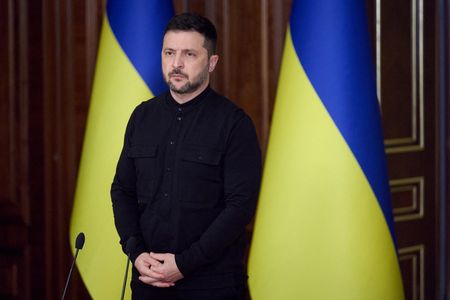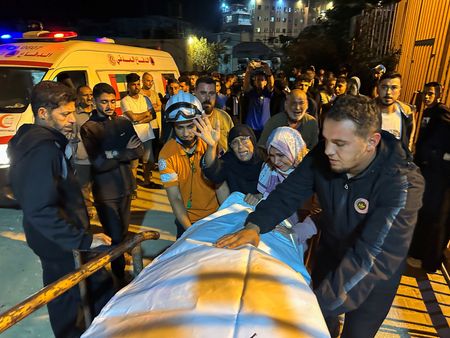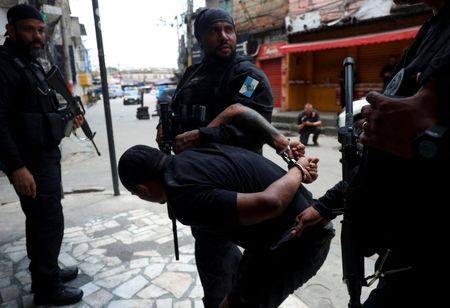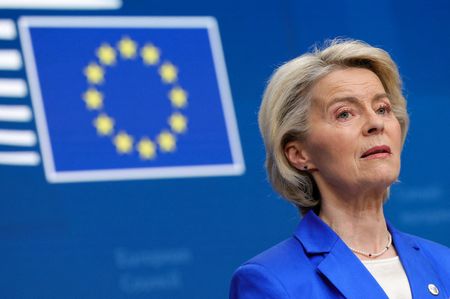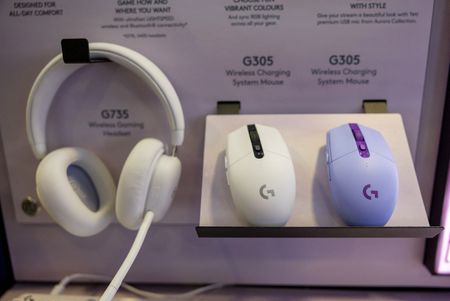KYIV (Reuters) -Ukraine is ready for peace talks but will not withdraw its troops from additional territory first as Moscow has demanded, President Volodymyr Zelenskiy said.
In comments to reporters released on Tuesday, he said he was happy for talks to be held anywhere, except in Russia itself or on the territory of Moscow’s close ally Belarus.
Plans for a summit in Budapest this month between U.S. President Donald Trump and Russian President Vladimir Putin were put on hold after Moscow stuck to demands, including that Ukraine cede more territory as a condition for a ceasefire.
Trump has backed Ukraine’s call for an immediate ceasefire on current lines.
EUROPEAN AND UKRAINIAN OFFICIALS SET TO MEET
Ukrainian and European officials will meet on Friday or Saturday to discuss the details of a ceasefire plan, Zelenskiy told reporters on Tuesday after meeting the visiting Dutch foreign minister, David van Weel.
“It is not a plan to end the war. First of all, a ceasefire is needed,” Zelenskiy said.
“This is a plan to begin diplomacy… Our advisers will meet in the coming days, we agreed on Friday or Saturday. They will discuss the details of this plan.”
In Monday’s comments to reporters, Zelenskiy said he was happy to attend peace talks, including in Hungary, despite reservations about some of the positions of its Prime Minister Viktor Orban, who, he said, “blocks everything for Ukraine”.
“If there will be results, then God bless – let the talks take place anywhere,” he said. “It almost doesn’t matter, just not in Russia, of course, and definitely not in Belarus.”
Zelenskiy also urged U.S. lawmakers to pass tougher restrictions on Russia after Trump imposed sanctions on Moscow’s two biggest oil companies.
Ukraine would need stable financing from its European allies for another two or three years, Zelenskiy said.
He also said in his remarks on Tuesday that he hoped for China’s help to end the war.
“We would like very much for China to put pressure on Russia to end this war and not to assist its continuation in any way,” he said.
(Reporting by Dan Peleschuk and Sergiy Voloshin; Editing by Peter Graff and Timothy Heritage)

